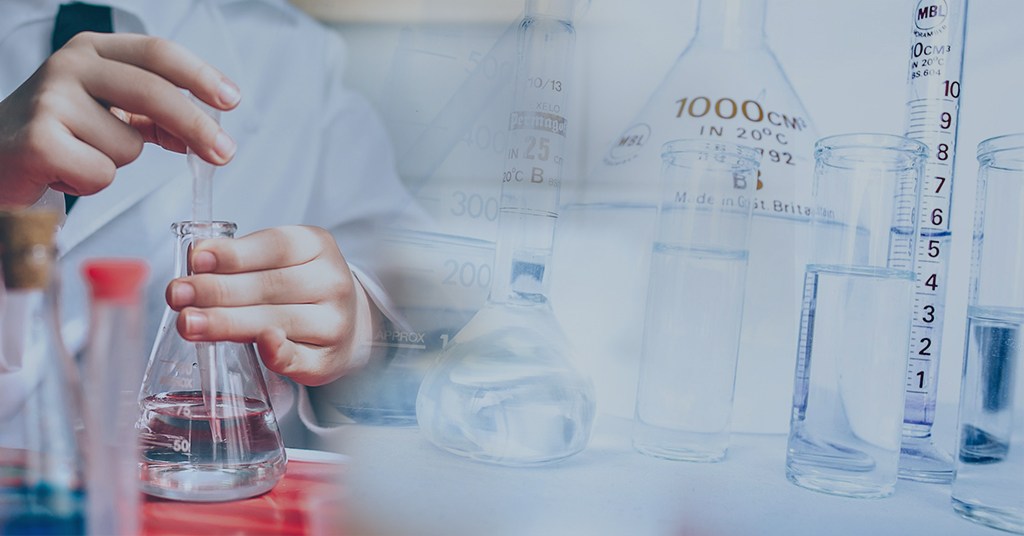Welcome To ChemAnalyst

Arginine prices in the German market followed a decreasing trend in January 2024, aligning with the pattern observed in preceding months. This decline is linked to a reduction in demand, increased manufacturing activity, and a heightened supply in the market. Arginine, an essential amino acid, serves as a crucial ingredient in the nutraceutical industry, contributing to the formulation of several biopharmaceuticals and supplements. The recent dip in demand from the end-user sectors played a role in the downward movement of Arginine prices.
The primary factor contributing to the downward trend in Arginine prices is the decrease in raw material prices, particularly corn and corn starch. Following New Year's Day, the overall price of domestic corn weakened and stabilized. Additionally, as the impact of adverse weather conditions, including low temperatures, rain, and snow, gradually diminished, the market volume of corn in production areas increased. Manufacturers, having completed their acquisition tasks, subsequently lowered the purchase price of corn. Downstream trading entities adopted a cautious stance, contributing to overall weak and downward pressure on domestic corn market prices, ultimately leading to a decline in Arginine prices.
The Chinese New Year holiday, lasting for about six weeks starting in mid-February, brings a temporary cessation of manufacturing activities in China. During this period, ports and customs operate with minimal staff, prioritizing perishable and essential goods. To prepare for the anticipated downtime, manufacturers increase production and bolster their stock levels in the weeks leading up to the holidays. This proactive approach ensures an ample supply of Arginine in the domestic market, contributing to a decrease in prices. As China is a major exporter of Arginine, this pricing trend is reflected in Germany as well.
The Eurozone experienced a challenging beginning to 2024, marked by a contraction in business activity in January, fuelled by a persistent decline in demand. Economic and geopolitical uncertainties, coupled with weak global demand, energy-related uncertainties, and ongoing inflationary pressures, have collectively impacted the German economy negatively. The combination of higher interest rates and persistent inflation has led both companies and consumers to adopt a more cautious approach towards investments and spending, contributing to an overall decline in demand for Arginine and subsequently leading to a decrease in prices in the German market. Additionally, market distributors and traders clearing excess inventory at reduced quotations have further influenced the dynamics of the Arginine market.
As per ChemAnalyst's assessment, there is an expectation of a potential uptick in Arginine prices in the coming months. This forecast stems from the renewed demand from end-users, along with constrained inventories in the market. Moreover, the anticipation of a rise in raw material prices adds to the positive market outlook.
We use cookies to deliver the best possible experience on our website. To learn more, visit our Privacy Policy. By continuing to use this site or by closing this box, you consent to our use of cookies. More info.
